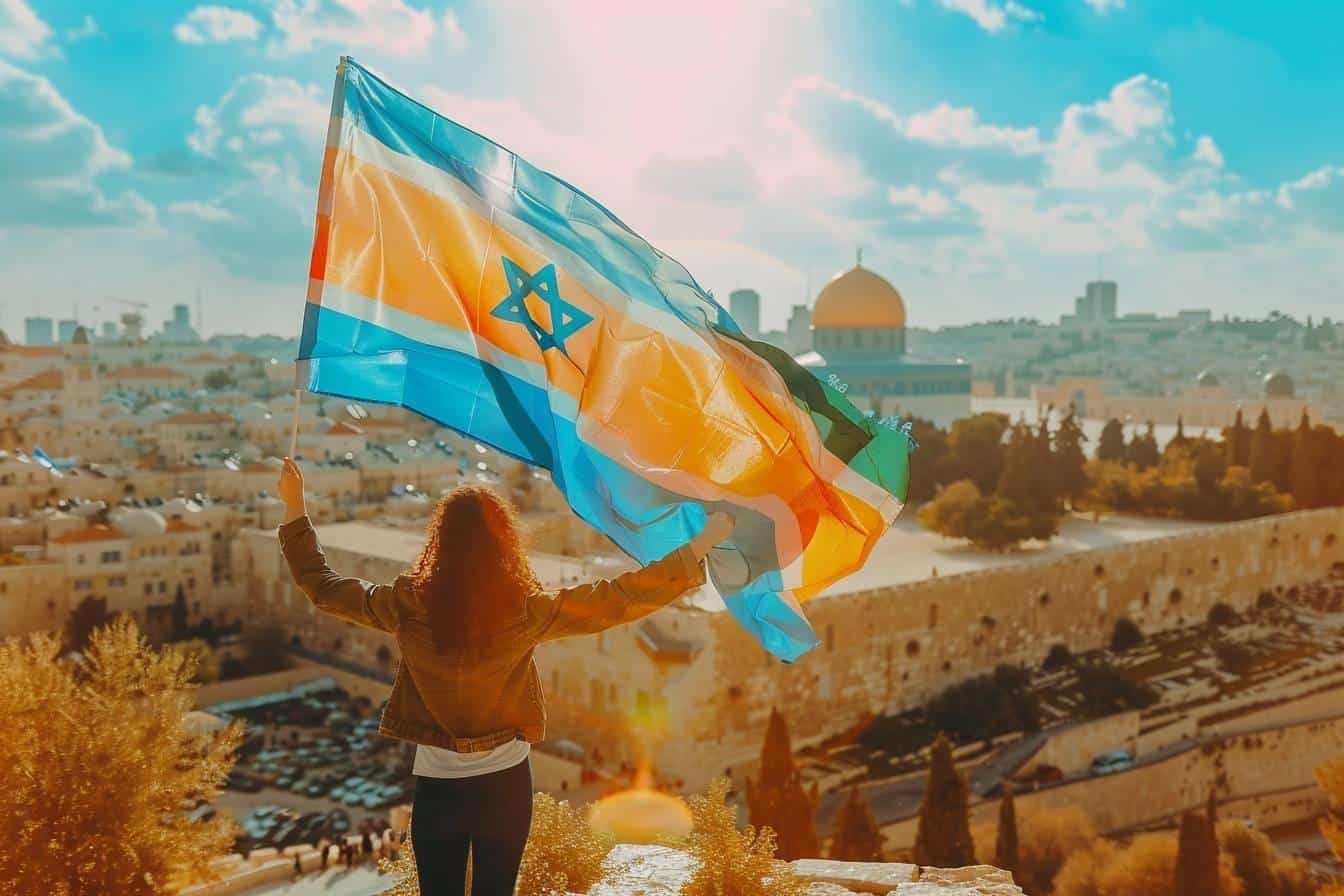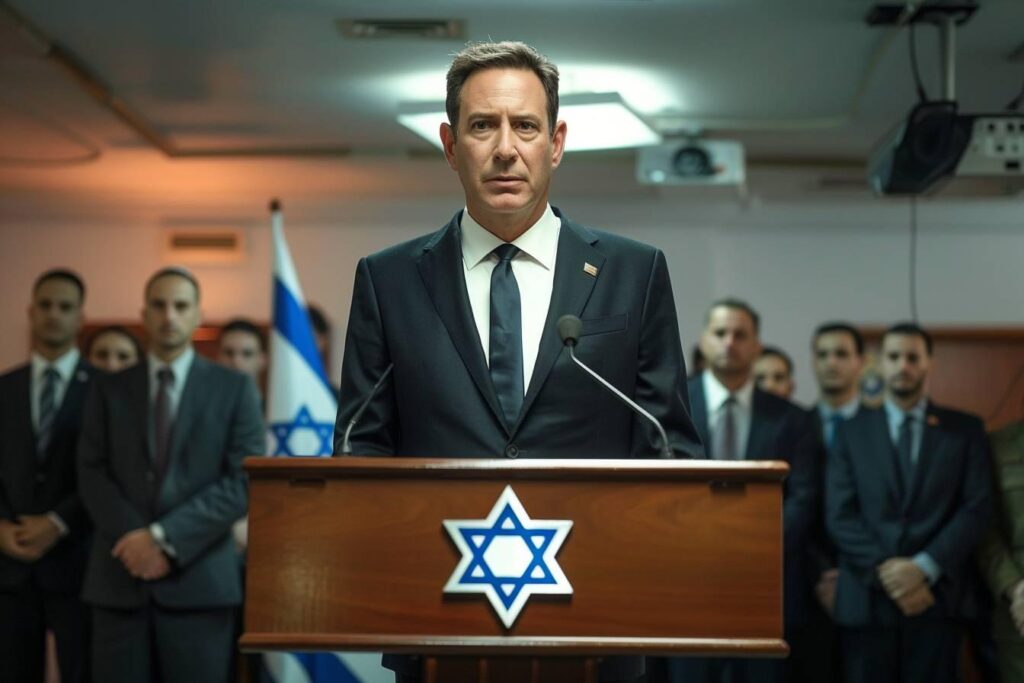The Unyielding Spirit of Zionism: A Call to Reclaim and Redefine

In the swirling currents of global discourse, words often become battlegrounds, carrying with them the weight of history, symbolism, and identity. One such word is “Zionism”. Originally coined to describe the national movement for the return of the Jewish people to their homeland and the resumption of Jewish sovereignty in the Land of Israel, Zionism has, over time, been mischaracterized and maligned. Yet, as some voices call for its retirement, others passionately argue for its preservation and redefinition.
The Case for Keeping ‘Zionism’
The debate over whether to retire the word “Zionism” is more than a semantic issue; it’s a battle over historical narrative and identity. The term itself encapsulates a range of emotions, historical epochs, and the enduring hope of a people for self-determination in their ancestral land. To discard such a term would be to concede to those who have twisted its meaning to serve their own agendas.
Opponents of retiring “Zionism” argue that doing so would essentially hand a victory to those who have historically sought to delegitimize the Jewish state and its foundational ideology. They caution against allowing adversaries to control the narrative, thereby rewriting history and erasing the legitimate connections between the Jewish people and their land.
Reclaiming ‘Zionism’
Instead of retiring “Zionism,” there is a vigorous call from within the Jewish community to reclaim and redefine it. This involves educating both Jews and non-Jews about the true origins and intentions of Zionist thought:
- Historical Context: Zionism emerged in response to centuries of persecution and displacement. It was a liberation movement aimed at enabling Jews to live as a free people in their own land.
- Cultural Revival: Beyond political implications, Zionism also encompassed the revival of the Hebrew language and Jewish culture, which were integral to re-establishing Jews’ national identity.
- Diversity within Zionism: It’s crucial to acknowledge that Zionism is not monolithic. It spans a spectrum from cultural Zionists who emphasize Jewish culture to political Zionists focusing on state-building.
By understanding these facets, the community can present a unified front in defending Zionism not as a pejorative term but as one of empowerment and affirmation.
The Importance of Language in Cultural Identity
Language plays a critical role in shaping cultural and national identity. It is through language that history is remembered, cultures are celebrated, and identities are affirmed. The fight over the word “Zionism” is emblematic of the broader struggle over how history will remember the Jewish quest for self-determination.
The manipulation of language by opponents has often been used to stoke anti-Semitic sentiments or distort public perception about Israel. This manipulation extends beyond mere rhetoric; it influences international policy, academic discourse, and media coverage. Taking back control over this narrative is essential not just for correcting misconceptions but also for strengthening Jewish identity globally.
The Slippery Slope of Conceding Language
Redefining “Zionism” isn’t merely about holding onto a word; it’s about safeguarding the future narrative about Israel and its people. There is concern that conceding “Zionism” could set a precedent for further erosion of Jewish historical ties to Israel. This could lead to increased challenges against Jewish historical sites, traditions, and even the right to self-governance.
A Call to Action
For those who believe in the importance of maintaining “Zionism” as part of our lexicon, there is much work to be done:
- Educate: Implement educational programs that articulate what Zionism has historically meant and what it means today.
- Engage: Encourage dialogue within diverse communities about Zionism’s role in modern Jewish identity.
- Empower: Inspire younger generations to connect with Zionism as an element of their heritage and a testament to their resilience.
In conclusion, while the debate over “Zionism” continues to evoke strong emotions on all sides, it remains clear that for many within the Jewish community, this term still represents a beacon of hope, resilience, and unbreakable connection to their ancestral homeland. As such, redefining and reclaiming “Zionism” is not just about preserving a word but about affirming an identity that has withstood countless trials through history.
In facing this challenge head-on with education, engagement, and empowerment, there exists an opportunity not only to fortify an understanding of Zionism but also to reinforce the broader narrative surrounding Jewish self-determination and pride in heritage—a cause surely worth advocating for in any language.



